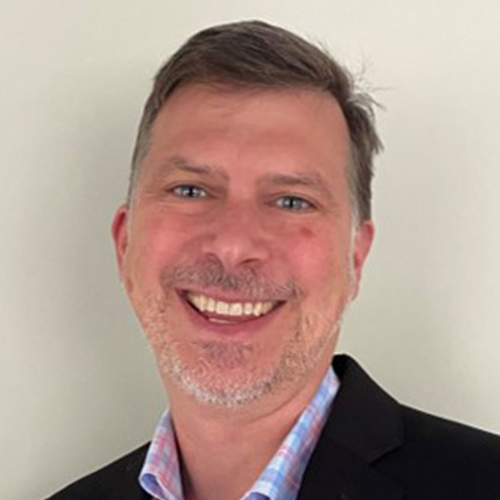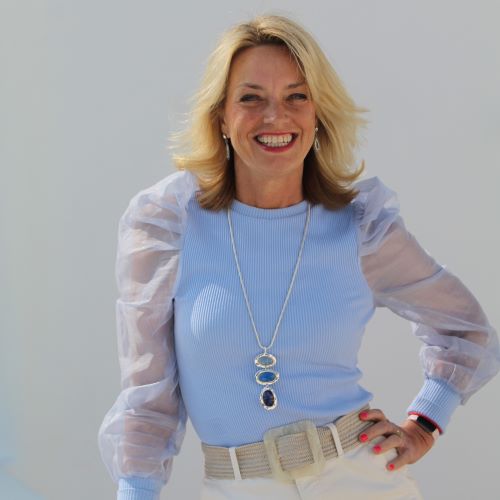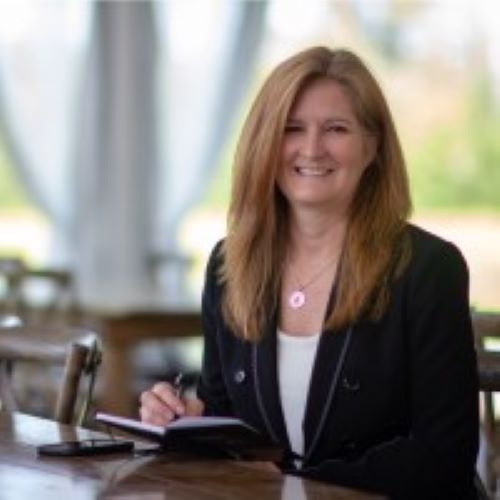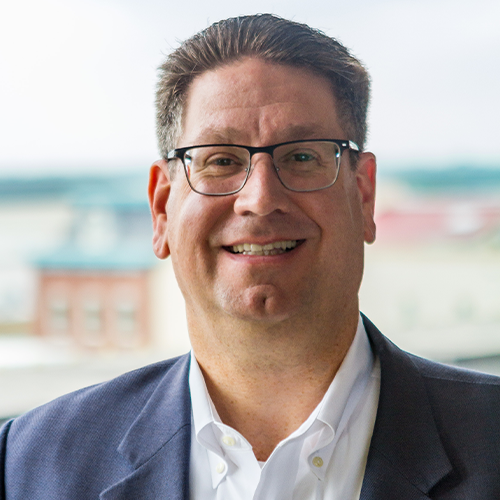The ‘Why’ of Destination Marketing, with David Holder
Episode 208
As a tourism professional for over 25 years, David Holder co-founded Clarity of Place with a hands-on understanding of what destination leaders need to be successful. David leads stakeholder engagement efforts and crafts tactical plans to ensure destinations are equipped with the data and industry insights to react to changing environments but still attain their strategic vision.
In leading a variety of destinations, David proved himself to be an industry innovator, taking new perspectives on what it means for destinations to be competitive and specializing in setting and meeting measurable marketing, sales, and product development results.
A versatile and effective communicator, David honed his destination management skills by collaborating with industry partners through service on the board of directors for Destinations International, the Destination Marketing Accreditation Program, and the US Travel Association Destinations Council, to name a few.
Destination on the Left is joined by David Holder, the co-founder of Clarity of Place. David’s organization helps destinations navigate threats and opportunities that impact their ability to attract visitors and attain their long-term strategic goals. He has over twenty-five years of experience in the travel and tourism industry, and he has mastered the art of tactical planning, data analysis, and collaboration to ensure destinations can thrive in changing environments. On our podcast, David explains how DMOs should communicate with their communities. He also shares why aligning your priorities with the priorities of the community will set you up for success.

What You Will Learn:
- David’s journey into travel and tourism
- How DMOs can better communicate with their communities
- Why aligning your priorities with the priorities of the community will set you up for success
- The difference between the ‘why’ of what you do vs. the ‘what’ or the ‘how’
- How to leverage transformational metrics for tactical planning
- What DMOs can do to form stronger connections with economic development
- How the pandemic has impacted destination marketing
Clarity of Place
Destination on the Left is joined by David Holder, the co-founder of Clarity of Place. David’s organization helps destinations navigate threats and opportunities that impact their ability to attract visitors and attain their long-term strategic goals. He has over twenty-five years of experience in the travel and tourism industry, and he has mastered the art of tactical planning, data analysis, and collaboration to ensure destinations can thrive in changing environments. On our podcast, David explains how DMOs should communicate with their communities. He also shares why aligning your priorities with the priorities of the community will set you up for success.
Get Buy-in From Your Community
David offers a unique perspective when it comes to the different ways destinations can leverage data. He believes there is a dire need for destinations to communicate more effectively across their communities because there is a disconnect between the priorities of DMOs and the priorities of the communities. Clarity of place has made it their focus to find connections between DMOs and communities, so they can help everyone understand the big picture effect of their programs and why they do what they do. If you can get buy-in from the community, your destination will have much greater success.
Responding to the Global Pandemic
When David and his team at Clarity of Place first started looking for these connections, they explored many of the different programs destinations created in response to the global pandemic. They found that the hyper-local outreach and progressive content strategy we have seen are only going to continue in these destinations after the pandemic subsides. The pandemic has changed the needs of the community and the individual, and it has put everything DMOs do into a different context. By understanding the data that drives the new trends, marketing organizations can use them to guide their strategies moving forward.
- Website: https://www.clarityofplace.com/
- LinkedIn: https://www.linkedin.com/in/david-holder-a801965/
- Twitter: @ClarityofP
We value your thoughts and feedback and would love to hear from you. Leave us a review on your favorite streaming platform to let us know what you want to hear more of. Here is a quick tutorial on how to leave us a rating and review on iTunes!







